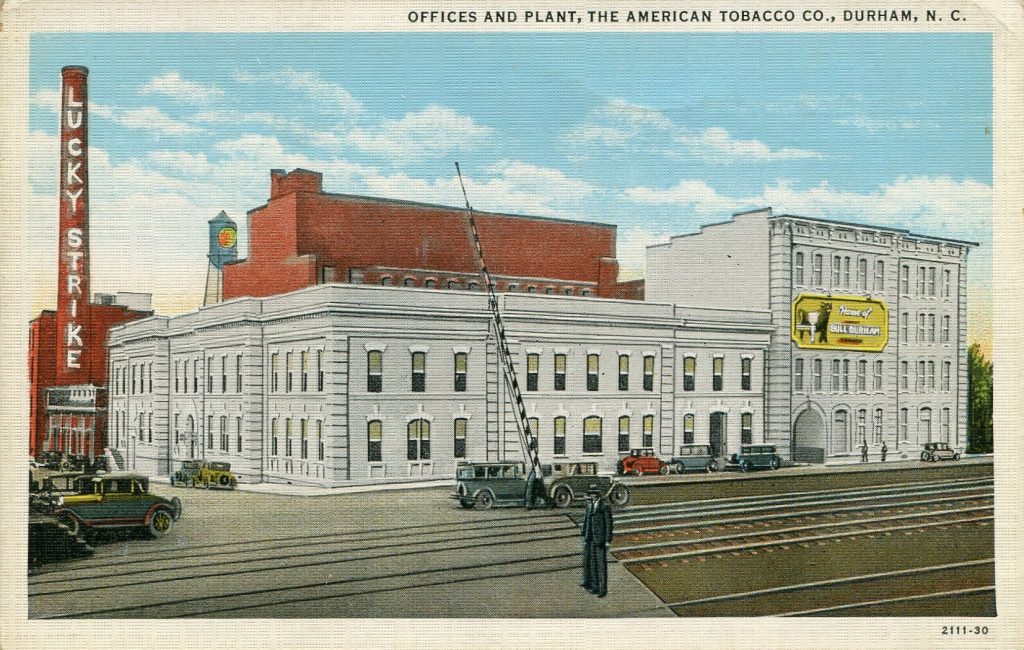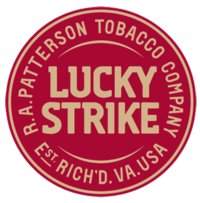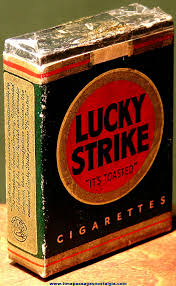The last time it happened was about ten years ago, but I remember when I would sit down behind the steering wheel, insert the key in the ignition switch, turn the key and while the engine ran long enough to get the oil hot, I would reach into my shirt pocket for my cigarettes. I quit smoking, as they say, ‘cold turkey’ on my 43rd birthday, but the event I describe above is proof of how addictive cigarettes were for me.

My father-in-law quit smoking years before I did, and he tormented me with his “holier than thou” reformed smoker comments and fake coughing spells. To quit was a good decision, but I have often said, “I never smoked a cigarette I didn’t like.” In the first years that passed after I quit, I too, realized what an awful smell burning tobacco creates. I wanted to apologize to everyone who saw me smoke.
Today it is difficult to watch young people smoking and I wonder why they do it. I know the answers, because I used the same words myself sixty years ago, but I still wonder!
The smokers in my day were the most undiscriminating people I knew. Any brand would be fine if you were bumming a smoke, but when I had to plunk-down my 35¢ (1962) to buy my own, it was always Lucky Strike.
On the way home from a vacation trip to the hill-country of North Carolina our travels brought us to the very building you see in the postcard above. Those were the days when walking tours of manufacturing plants were commonplace. We joined a tour and I was mesmerized by the machinery. We watched as shredded tobacco was dumped, by the tons, into hampers that were somehow affixed to cam-shafts that would vibrate the tobacco down into dispensing nozzles that would lay constant streams of tightly-packed tobacco onto mile-long ribbons of narrow white cigarette paper. At certain intervals a set of razor-sharp knives would cut the mile-long cigarettes into three and a half inch pieces and bundle them into packages of twenty.
One piece of irony I learned that day was that very few people who operated cigarette production machinery smoked. Who, knew?

Lucky Strike was introduced in 1871 at Richmond, Virginia, as chewing tobacco. The name came from a goldrush era phrase that identified the very few who were “lucky” enough to “strike” gold. In short it was meant to mean only the best top-quality products. Cigarettes with the Lucky Strike brand came over a quarter-century later.
The advertising gimmick used to sell the new cigarette was, “It’s toasted.” The origin of the concept has been lost but toasted was an alternative to sun-drying tobacco. It was thought that sunlight would bleach the tobacco and that would sour the taste. Toasting on the other hand was faster and more efficient and when the toasting was complete the leaves would crumble easily yet be moist enough so that the burning would be slowed.

If you are just a little older than I am, you may remember other ads used to keep the Lucky Strike brand on top. In 1942 the packaging logo was a red circle with black lettering on a dark green background. The brand’s signature dark-green pack was changed to white. In that campaign the slogan was, “Lucky Strike green has gone to war,” the company claimed the change was made because the copper used in the green ink was needed in the war.
Just in case your memory is as good as mine; L.S./M.F.T. was introduced in 1945. It didn’t have anything to do with President Truman.
For over four decades, Lucky Strike was the top-selling cigarette in America, Canada, and many parts of the world.
Oh, you may be interested to know Lucky Strikes were made in Durham, North Carolina, but also in six other cities in the USA and two in Europe.

LS/MFT= Lucky Strike Means Fine Tobacco. Neat article…
It was the top selling brand until Marlboro, right? Philip Morris took over the top sales, I think.